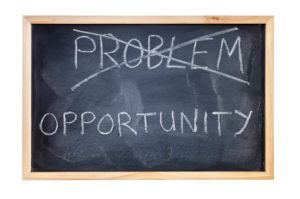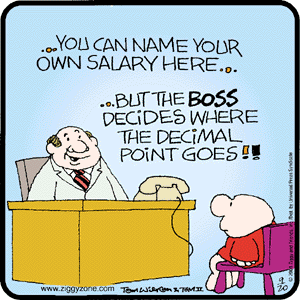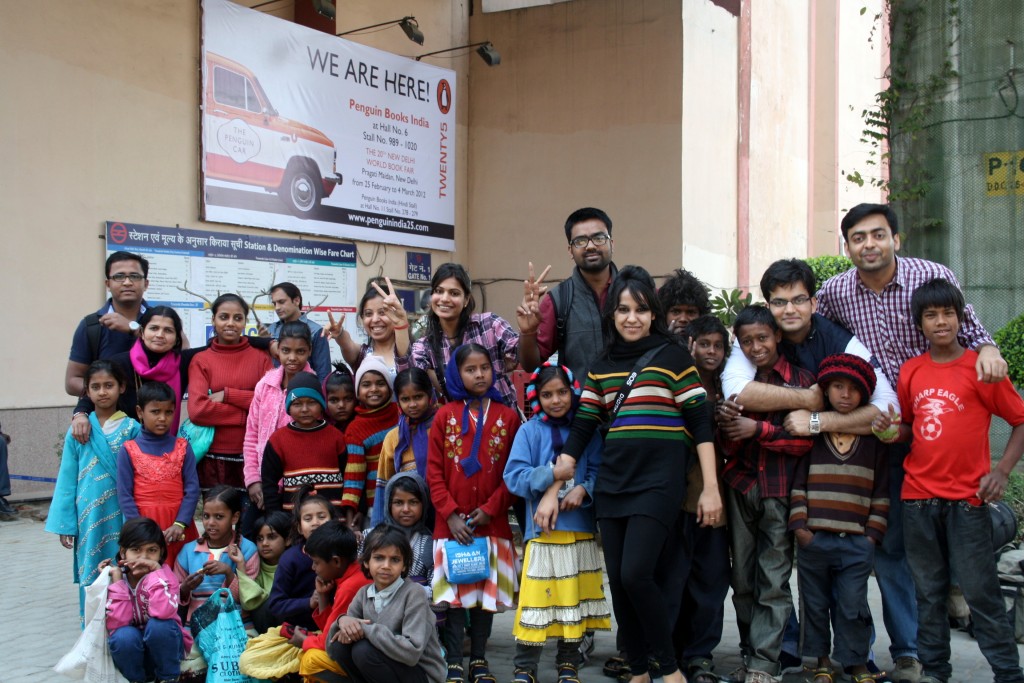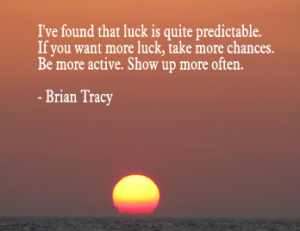Work is where we spend most of our lives, especially in these super competitive times and in a tough economy. Most of us work for around 50-60 hours per week (at a minimum), which makes it around 108 to 130 days every year. The only other activity we do as much as work is sleeping. Thus work and sleep each takes around 33% or one-third of all our days in a year. In many surveys (here and here and here) organized by universities and other institutions around the world, it is known that most people (more than 50% of them) are not happy in their work and seek life outside of it, ie, in the 33% or one-third of the remaining time they have.
If time is our most important resource, think about it this way – We are giving two-thirds of our time away daily, and spend the rest one-third left thinking why we have so little time left. It is like giving a tax of 66% on our time. Now imagine giving back two-thirds of every salary away, and keeping only the one-third for ourselves. If we imagine this situation, we will feel anger, frustration and all other kinds of emotions. It is the same with time, but we don’t realize it because in our perspective money is something more real and substantive (which we can hold, see in our bank account) but time looks like a never-ending resource. But time does have a limit, and every minute you are not spending living your life, it is akin to giving away money. Imagine yourself giving away money physically every time you feel you spent any time which can be termed as ‘not living your life‘.
A popular and old proverb says that “Work is Worship“. It looks good only as a proverb and something very unreal in the times we live in. The common (and agreed about) perspective about work looks at it only as a tool to earn some money or achievement or reward so as to live your life in the spare time you have left. In this article, I am presenting another perspective on work according to which our work is a vehicle, a chance, an opportunity for each one of us to express ourselves and shine like a light and set an example for the whole world.
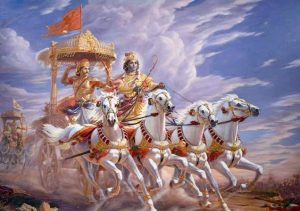
Karmanye Vadhikaraste Ma Phaleshu Kadachana - The sanskrit phrase in Gita which translates to "You have a right to perform your prescribed action, but you are not entitled to the fruits of your action." is also on the same lines
Have you watched Sachin Tendulkar walk into a stadium to play (which is his work)? How does the audience respond to that? Every time he walks in to bat, he gets a standing ovation from the audience and they stand and applaud. I guess this is what the adage – Work is Worship means, which is beautifully expressed in the way a Sachin Tendulkar or a Rahul Dravid bats. Before I divert to cricket, let me get back to the topic here. Now imagine every time you walk into your office, everybody notices and gives a standing ovation to you. Everybody recognizes the champion in you that has come to work for producing some amazing results which others will only dream about and watch from the stands.
Just changing the perspective can change everything about how we see our work, and what and how much it can contribute to our life. It is not something where we spend one-third of our time to get some money to spend in the remaining one-third. Instead, work is a platform where we can unveil the very best in ourselves. Work itself is our life, it is our chance to grow and become all we ever wanted to be. It is the most important, and the best thing in our lives, we shouldn’t miss or waste even a single second of it. It is a vehicle to become all that we ever wanted to become, and to have the life we always wanted to have. Life happens inside of work, not outside it.
I will end with a very powerful quote by James A. Michener –
“The master in the art of living makes little distinction between his work and his play, his labor and his leisure, his mind and his body, his information and his recreation, his love and his religion. He hardly knows which is which. He simply pursues his vision of excellence at whatever he does, leaving others to decide whether he is working or playing. To him he’s always doing both. ”

